Refine listing
Actions for selected content:
15726 results in ISEAS-Yusof Ishak Institute
Epilogue
-
- Book:
- Visiting Sexual Exploitation
- Published by:
- ISEAS–Yusof Ishak Institute
- Published online:
- 16 April 2024
- Print publication:
- 01 February 2024, pp 96-98
-
- Chapter
- Export citation
About the Author
-
- Book:
- Visiting Sexual Exploitation
- Published by:
- ISEAS–Yusof Ishak Institute
- Published online:
- 16 April 2024
- Print publication:
- 01 February 2024, pp 105-105
-
- Chapter
- Export citation
Chapter 2 - Theoretical Framework
-
- Book:
- Visiting Sexual Exploitation
- Published by:
- ISEAS–Yusof Ishak Institute
- Published online:
- 16 April 2024
- Print publication:
- 01 February 2024, pp 21-40
-
- Chapter
- Export citation
Frontmattter
-
- Book:
- China as a Rising Norm Entrepreneur
- Published by:
- ISEAS–Yusof Ishak Institute
- Published online:
- 16 April 2024
- Print publication:
- 15 January 2024, pp i-iv
-
- Chapter
- Export citation
China as a Rising Norm Entrepreneur: Examining GDI, GSI and GCI
-
-
- Book:
- China as a Rising Norm Entrepreneur
- Published by:
- ISEAS–Yusof Ishak Institute
- Published online:
- 16 April 2024
- Print publication:
- 15 January 2024, pp 1-38
-
- Chapter
- Export citation
China as a Rising Norm Entrepreneur: Examining GDI, GSI and GCI
-
-
- Book:
- China as a Rising Norm Entrepreneur
- Published by:
- ISEAS–Yusof Ishak Institute
- Published online:
- 16 April 2024
- Print publication:
- 15 January 2024, pp vii-viii
-
- Chapter
- Export citation
Foreword
-
- Book:
- China as a Rising Norm Entrepreneur
- Published by:
- ISEAS–Yusof Ishak Institute
- Published online:
- 16 April 2024
- Print publication:
- 15 January 2024, pp v-vi
-
- Chapter
- Export citation
Timor-Leste in ASEAN: Is It Ready to Join?
-
-
- Book:
- Timor-Leste in ASEAN
- Published by:
- ISEAS–Yusof Ishak Institute
- Published online:
- 18 April 2024
- Print publication:
- 11 January 2024, pp vii-viii
-
- Chapter
- Export citation
Timor-Leste in ASEAN: Is It Ready to Join?
-
-
- Book:
- Timor-Leste in ASEAN
- Published by:
- ISEAS–Yusof Ishak Institute
- Published online:
- 18 April 2024
- Print publication:
- 11 January 2024, pp 1-45
-
- Chapter
- Export citation
Foreword
-
- Book:
- Timor-Leste in ASEAN
- Published by:
- ISEAS–Yusof Ishak Institute
- Published online:
- 18 April 2024
- Print publication:
- 11 January 2024, pp v-vi
-
- Chapter
- Export citation
Appendix
-
- Book:
- Timor-Leste in ASEAN
- Published by:
- ISEAS–Yusof Ishak Institute
- Published online:
- 18 April 2024
- Print publication:
- 11 January 2024, pp 47-48
-
- Chapter
- Export citation
Conclusion
-
- Book:
- Timor-Leste in ASEAN
- Published by:
- ISEAS–Yusof Ishak Institute
- Published online:
- 18 April 2024
- Print publication:
- 11 January 2024, pp 46-46
-
- Chapter
- Export citation
Frontmatter
-
- Book:
- Timor-Leste in ASEAN
- Published by:
- ISEAS–Yusof Ishak Institute
- Published online:
- 18 April 2024
- Print publication:
- 11 January 2024, pp i-iv
-
- Chapter
- Export citation
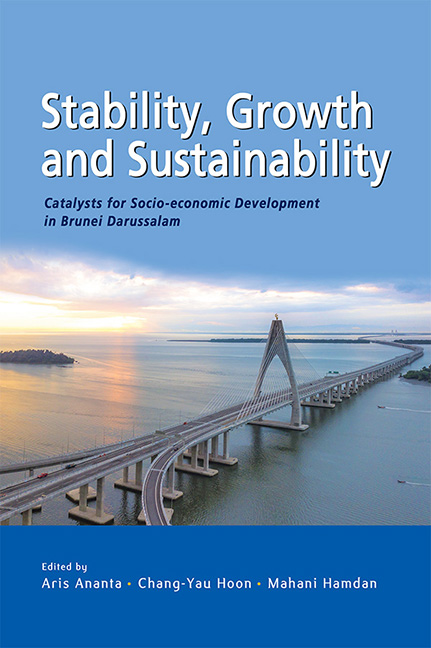
Stability, Growth and Sustainability
- Catalysts for Socio-economic Development in Brunei Darussalam
-
- Published by:
- ISEAS–Yusof Ishak Institute
- Published online:
- 10 January 2024
- Print publication:
- 18 January 2023
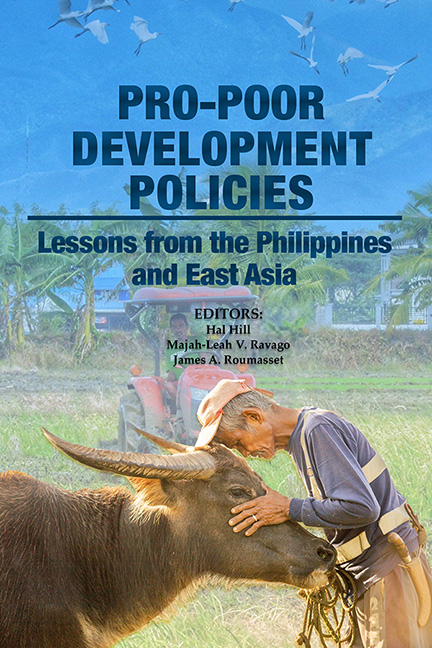
Pro-poor Development Policies
- Lessons from the Philippines and East Asia
-
- Published by:
- ISEAS–Yusof Ishak Institute
- Published online:
- 09 January 2024
- Print publication:
- 10 June 2022
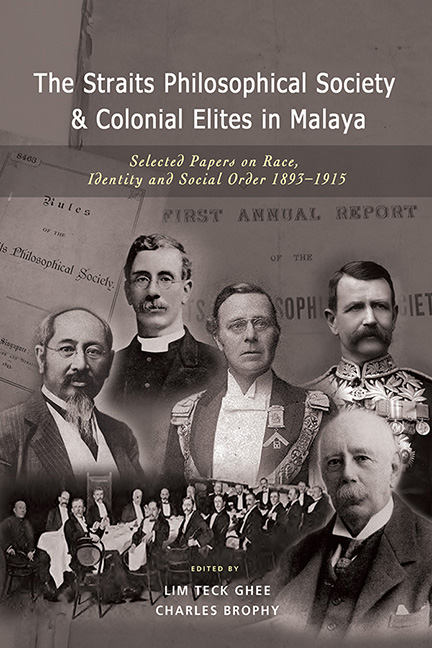
The Straits Philosophical Society and Colonial Elites in Malaya
- Selected Papers on Race, Identity and Social Order 1893-1915
-
- Published by:
- ISEAS–Yusof Ishak Institute
- Published online:
- 09 January 2024
- Print publication:
- 18 January 2023
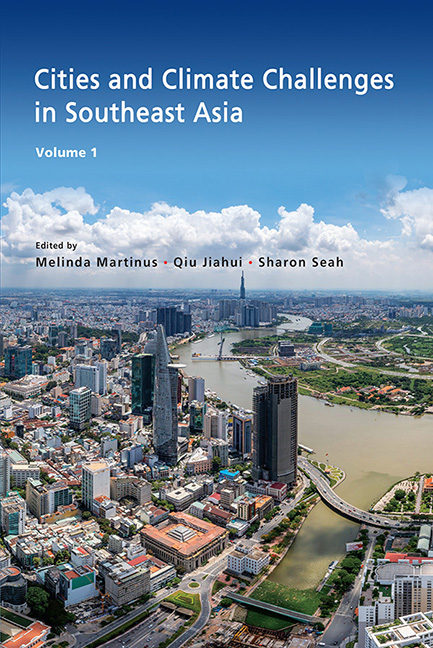
Cities and Climate Challenges in Southeast Asia
-
- Published by:
- ISEAS–Yusof Ishak Institute
- Published online:
- 09 January 2024
- Print publication:
- 28 February 2023
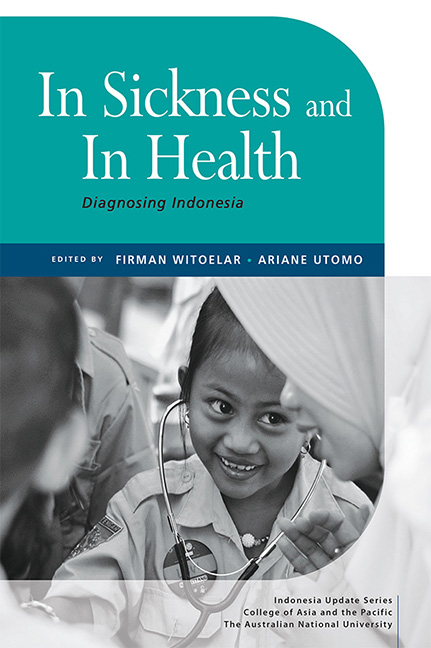
In Sickness and In Health
- Diagnosing Indonesia
-
- Published by:
- ISEAS–Yusof Ishak Institute
- Published online:
- 09 January 2024
- Print publication:
- 27 November 2022
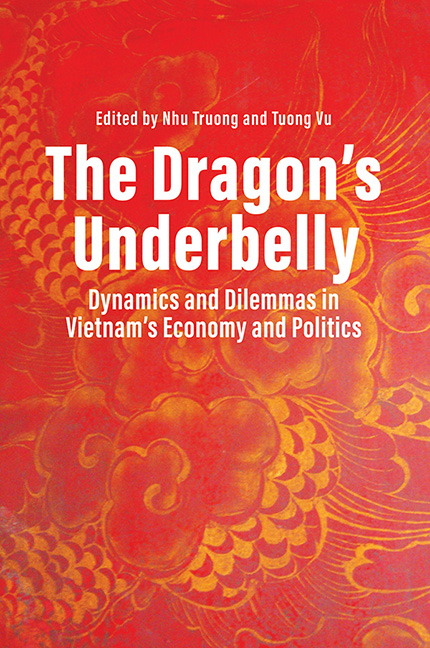
The Dragon's Underbelly
- Dynamics and Dilemmas in Vietnam's Economy and Politics
-
- Published by:
- ISEAS–Yusof Ishak Institute
- Published online:
- 09 January 2024
- Print publication:
- 30 December 2022
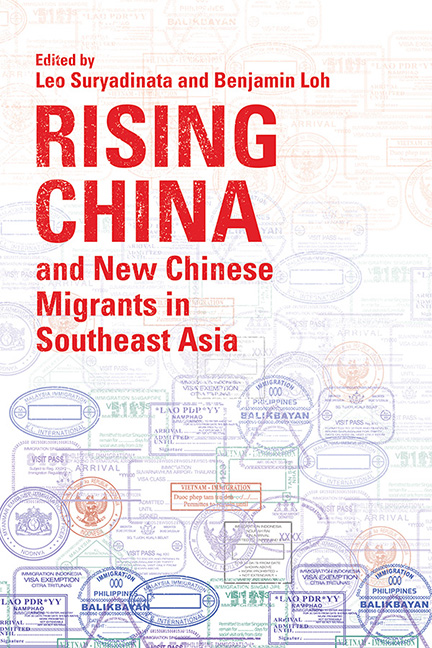
Rising China and New Chinese Migrants in Southeast Asia
-
- Published by:
- ISEAS–Yusof Ishak Institute
- Published online:
- 09 January 2024
- Print publication:
- 28 November 2022
